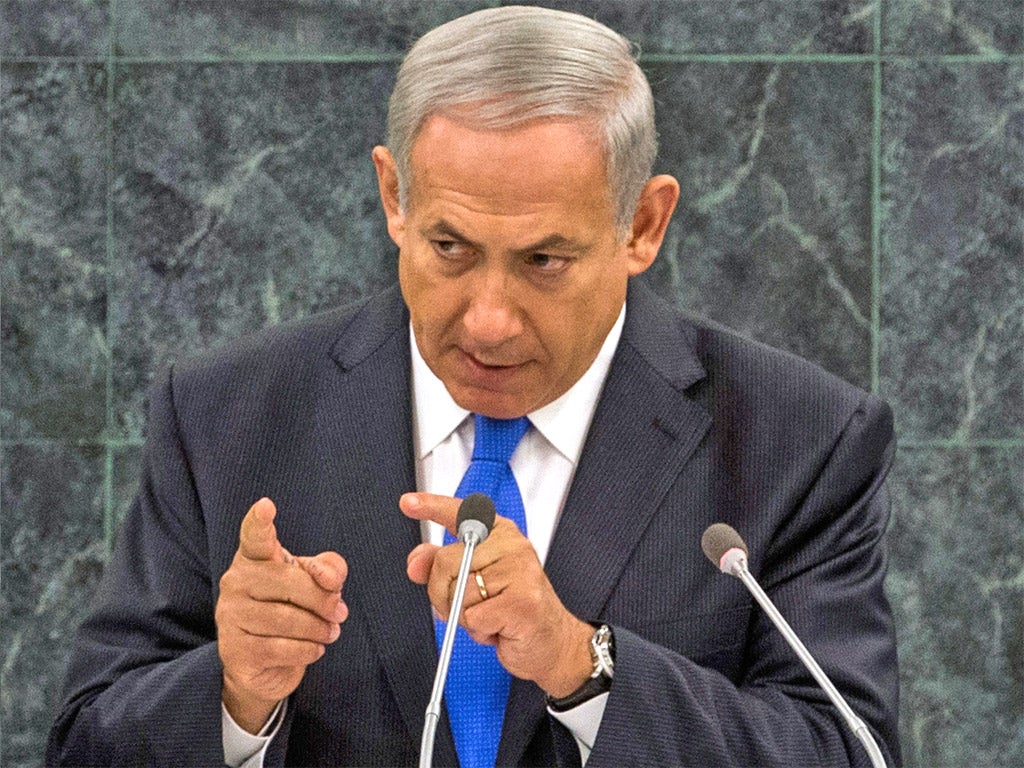Israel and Apartheid: Confused? You will be
Accused of enacting 'apartheid' itself, in the past Israel aided the South African regime

Your support helps us to tell the story
From reproductive rights to climate change to Big Tech, The Independent is on the ground when the story is developing. Whether it's investigating the financials of Elon Musk's pro-Trump PAC or producing our latest documentary, 'The A Word', which shines a light on the American women fighting for reproductive rights, we know how important it is to parse out the facts from the messaging.
At such a critical moment in US history, we need reporters on the ground. Your donation allows us to keep sending journalists to speak to both sides of the story.
The Independent is trusted by Americans across the entire political spectrum. And unlike many other quality news outlets, we choose not to lock Americans out of our reporting and analysis with paywalls. We believe quality journalism should be available to everyone, paid for by those who can afford it.
Your support makes all the difference.The lame excuses made up by Israeli premier Benjamin Netanyahu for failing to go to Nelson Mandela’s memorial on Tuesday have raised eyebrows and wry smiles all over the world. Having insisted on a £150,000 refit of the plane he and his wife took for the five-hour flight to Lady Thatcher’s funeral in London earlier this year, the trip to Johannesburg would, he claimed, be “too costly”. This from a man who spends thousands a year – from the public purse - on pistachio ice-cream and scented candles.
However, it is quite possible that Mr Netanyahu may have been less than ecstatically welcomed in the new South Africa anyway, following revelations that the country’s apartheid regime was the Israeli defense industry’s biggest customer and sponsor.
For many years it was virtually a capital offence to use the word “apartheid” as an analogy to policies of the Israeli government in the Occupied Territories. In 2007 my friend Danny Rubenstein, the venerated Arab Affairs analyst of Haaretz newspaper, was invited by the Zionist Federation of Great Britain to address an event. On his way he stopped to address a UN committee in Brussels, and used the word “apartheid” to describe Israel’s attitude towards the Palestinians.
In response, he was unceremoniously dumped by the ZFGB and left high and dry in a B&B in Golders Green on a Friday night. He was eventually rescued by the New Fund for Israel and invited to a crowded gathering in a North London Reform synagogue.
But while Rubenstein was mainly concerned to warn the audience of the dangers of Israel following in the footsteps of the Afrikaaners, his interviewer – and most of the questioners - kept harping on what was constantly, if coyly, referred to as “the A-word”.
Yet it now emerges that for decades Israel supported the “A-word” regime and its military with advanced weapon systems at a time when Western sanctions meant no one else would. According to Haaretz editor Aluf Benn, the cooperation reached its peak in the late 1980s, the twilight of the apartheid regime.
In the summer of 1988, Benn says, Israel reportedly sold South Africa 60 Kfir combat planes in a hushed-up deal worth $1.7 billion. The planes were upgraded and renamed Atlas Cheetah and Israel’s involvement was played down because the US was party to the sanctions regime, according to Haaretz.
Israel joined the international sanctions in 1987 but said it would honour existing contracts so the deal went ahead anyway. A few weeks later, the Israelis launched the first Ofek reconnaissance satellite which Benn claims could only have been developed with South African funding. And only in 1991 was the US able to force the Israeli government to stop selling SA short and midrange missiles.
Maps which were only revealed in the past few days show how the Israelis plan to create bantustans for the Nomadic Bedouin in its southern Negev region. Tens of thousands of them would be forced into ghettoes to make way for new Jewish towns and military zones. A-word, anyone?
Join our commenting forum
Join thought-provoking conversations, follow other Independent readers and see their replies
Comments